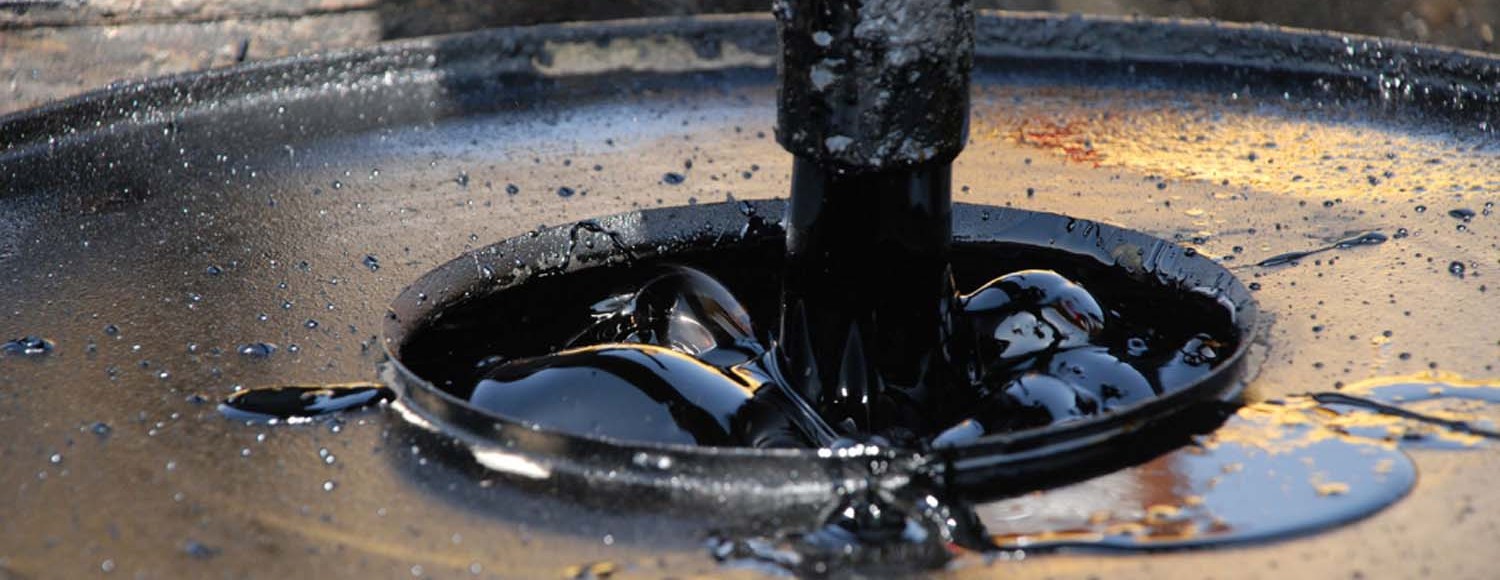“Mazi Bitumen plant, Iraq”
We produce different grades of the product such as 50-70 | 60-70 …etc, our plant located in Erbil. Iraqi Kurdistan in the north of Iraq close to Turkish and Iranian Border allowing us to reach both countries seaports. Like Mersin in Turkey and Bandar Abbas .
We at ‘ Grand Road’ ( our plant) also produce customized products. If a Client asks for a specific customized product.
Please contact us by email (info@versenergy.com) we assure to revert back to you as soon as possible.
To Know Bitumen better
It is called refined bitumen because. It is a product of Crude oil Distillation. These are the semi – solid hydrocarbons produced by removing the lighter fractions. By lighter fractions we mean liquid petroleum gas, petrol and deisel.
“Asphalt Cement” or “Asphalt”
In North America, it is commonly known as “asphalt cement” or “asphalt”. While everywhere else, “asphalt” is the term used for it which is a mixture of small stones, sand, filler, and bitumen, which is used as a road paving material. The asphalt mixture contains approximately 5% bitumen. At ambient temperatures ,bitumen is a stable, semi-solid substance.
History of Bitumen
In the past Sumerians have used it as early as the third millennium Before Christ in statuary, mortaring brick walls, waterproofing baths and drains, and for shipbuilding. A few Other cultures such as Babylon, India, Persia, Egypt, and ancient Greece and Rome continued the uses of it, and in several cases it has continued to hold components securely together to this day.
In the Book of Genesis in the Bible, the name of the substance used to bind the bricks of the Tower of Babel is translated as bitumen. Although its existence has not been confirmed. A one-kilometer tunnel beneath the river Euphrates at Babylon. In the time of Queen Semiramis (ca. 700 B.C.) was reportedly constructed of burnt bricks covered with it as a waterproofing agent.
The term bitumen comes from Latin. The Greek name for the substance was ?σφαλτος (asphaltos). Approximately 40 A.D. Dioscorides described production of asphaltos (as distinguished from piss asphalt and naphtha): (1655 Goodyear translation). The terms asphalt and bitumen are often used interchangeably to mean both natural and manufactured forms of the substance.


